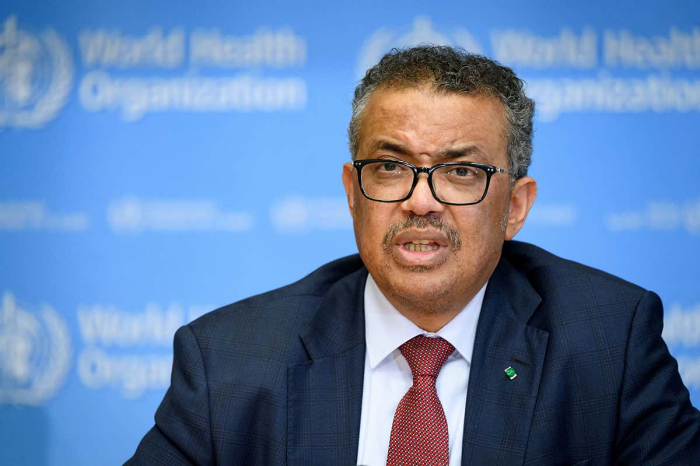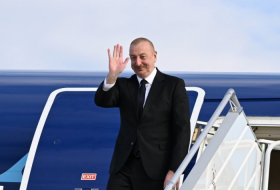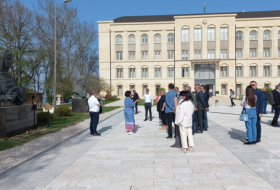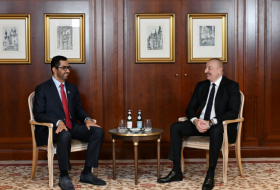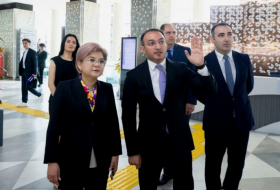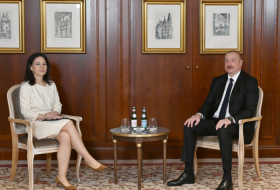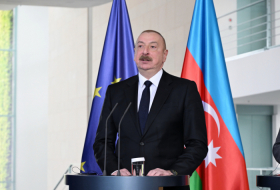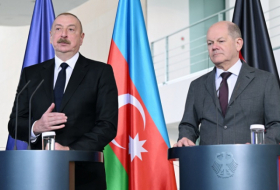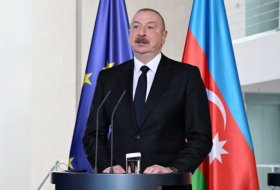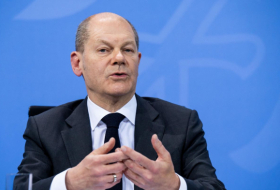“It seems that almost every day we reach a new and grim record,” Ghebreyesus said, noting that more than 8.8 million cases have now been reported to WHO, and more than 465,000 people have lost their lives.
He pointed out that some countries are continuing to see a rapid increase in cases and deaths.
“Some countries that have successfully suppressed transmission are now seeing an upswing in cases as they reopen their societies and economies. All countries are facing a delicate balance, between protecting their people, while minimizing the social and economic damage. It’s not a choice between lives and livelihoods. Countries can do both,” he added.
The WHO chief urged countries to be careful and creative in finding solutions that enable people to stay safe while getting on with their lives.
He also called on all countries to double down on the fundamental public health measures that are known.
Although the data are still preliminary, the recent finding that the steroid dexamethasone has life-saving potential for critically ill COVID-19 patients gave us a much-needed reason to celebrate, Ghebreyesus said.
“The next challenge is to increase production and rapidly and equitably distribute dexamethasone worldwide, focusing on where it is needed most. Demand has already surged, following the UK trial results showing dexamethasone's clear benefit. Fortunately, this is an inexpensive medicine and there are many dexamethasone manufacturers worldwide, who we are confident can accelerate production,” he added.
WHO emphasizes that dexamethasone should only be used for patients with severe or critical disease, under close clinical supervision, said Ghebreyesus, stressing that “there is no evidence this drug works for patients with mild disease or as a preventative measure, and it could cause harm.”
He noted that WHO is also continuing to support countries with essential supplies of personal protective equipment and laboratory diagnostics.
The WHO chief continued: “Around two-thirds of countries reported disruptions to routine immunization, diagnosis and treatment for noncommunicable diseases and family planning and contraception. More than half of countries reported disruptions for mental health disorders, antenatal care, cancer diagnosis and treatment, and services for sick children. Countries are using a variety of strategies to deal with these disruptions, including triage, telemedicine and redirecting patients to alternative health facilities. Still, the consequences of these disruptions will be felt for many years to come.”
“The world is learning the hard way that health is not a luxury item; it’s the cornerstone of security, stability and prosperity. That’s why it’s essential that countries not only respond urgently to the pandemic, but also that they invest in strong health systems domestically, and in global health security.”
More about: WHO coronavirus pandemic








